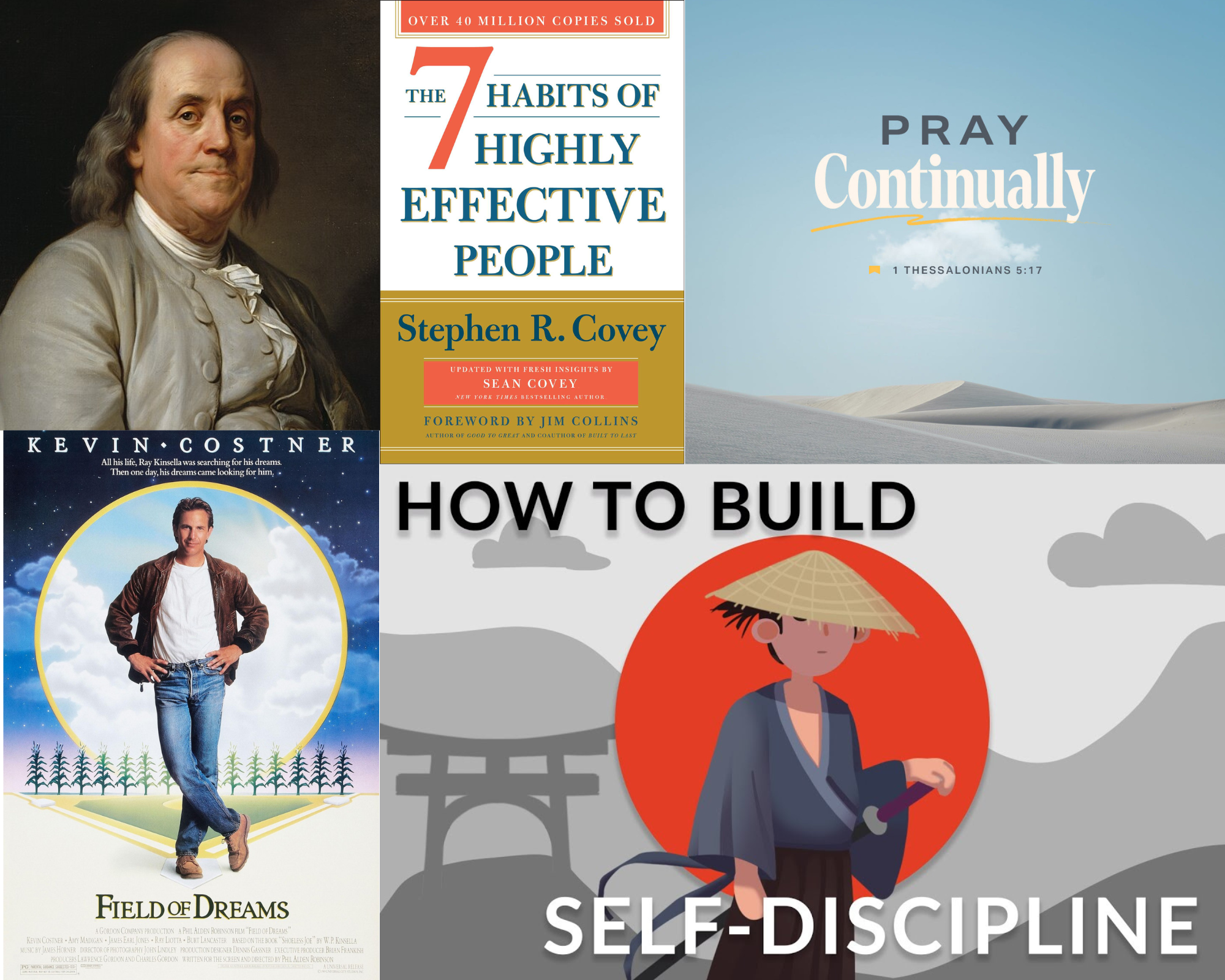Sunday Supplement #189 (December 22nd, 2024)
Below is another Sunday Supplement with a quote worth sharing, a book worth reading, a movie worth watching, brainfood worth consuming, and a spiritual passage worth pondering.
Please take something away from these recommendations that enriches your week ahead!
Quote of the Week:
“Without continual growth and progress, such words as improvement, achievement, and success have no meaning.”
– Benjamin Franklin
Book of the Week:
The 7 Habits of Highly Effective People – Stephen R. Covey
Stephen R. Covey was an educator, author, speaker, and businessman. His highly acclaimed book, The 7 Habits of Highly Effective People, sold over 20 million copies by his death in 2012.
The 7 Habits of Highly Effective People is the culmination of years of research by Stephen Covey into the principles behind stirring positive personal change and achieving effective results.
Covey highlights the importance of focusing on character rather than personality ethics and focusing first on self-improvement as essential to success in interpersonal relationships.
I’ve read many self-improvement and self-help books in my life, and The 7 Habits of Highly Effective People is one I’d recommend for your top-shelf.
Movie of the Week:
The 1989 film Field of Dreams follows Iowa farmer Ray Kinsella as a mysterious voice prompts him to pursue an unbelievable dream.
Kevin Costner plays Ray Kinsella, Amy Madigan plays his wife, and the brilliant supporting cast includes the likes of James Earl Jones, Ray Liotta, and Burt Lancaster.
Field of Dreams was nominated for Best Picture, Best Writing – Based on Material from Another Medium, and Best Music – Original Score in the 1990 Academy Awards.
Some films have a magic quality to them that can lift you up and inspire you. Field of Dreams is one of those movies for me.
Brainfood of the Week:
Miyamoto Musashi – How to Build Self-Discipline | Freedom in Thought
Freedom in Thought is a YouTube channel that breaks down philosophical concepts and explores them through dialogue.
In this video, Freedom in Thought explores the first five principles in Miyamoto Musashi’s Dokkōdō.
Miyamoto Musashi is considered the greatest swordsman in Japan’s history. However, he wasn’t just a master of the sword; he was an artist, a philosopher, and a Buddhist.
I recommend watching the video for valuable tips on building self-discipline. If you enjoy the tips, check out the other Sunday Supplements featuring Musashi or Freedom in Thought.
Closing Spiritual Passage:
“Pray without ceasing.”
– 1 Thessalonians 5:17
I was once told that all prayers can be divided into two categories: asking for help and giving thanks.
When I come across this Bible passage, I think of the utility of continuously asking for help and giving thanks.
If we wish to improve our lives, asking for help will create opportunities for us to learn and grow. If we give thanks, we will always attune to the good in our lives.
Praying without ceasing is a good way to consistently reflect on your life and create awareness of the direction in which you want to head.
Continue to better yourself, give thanks, and have a blessed week ahead!


